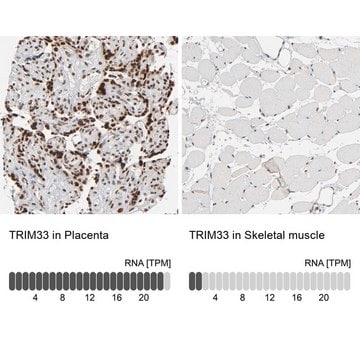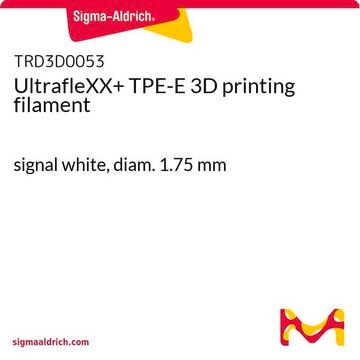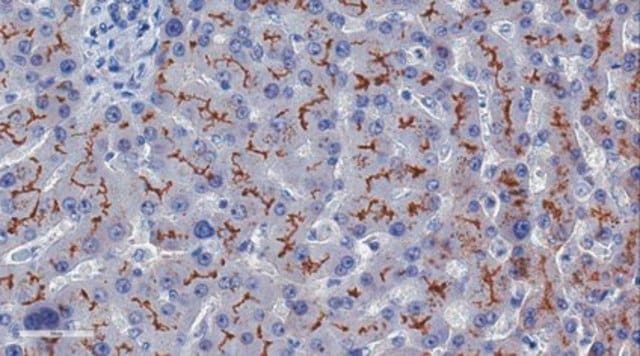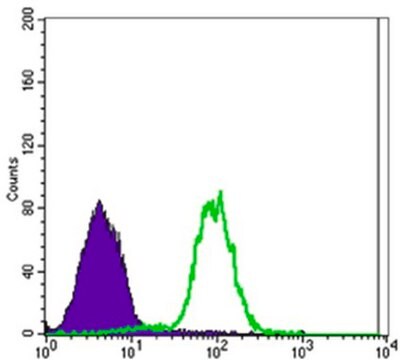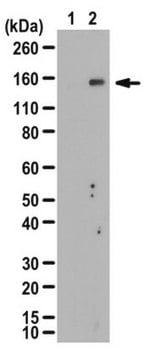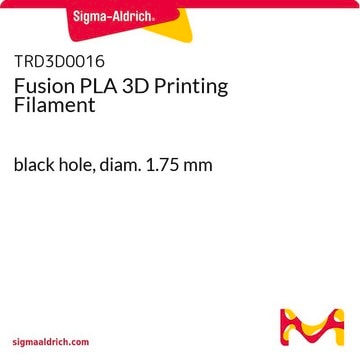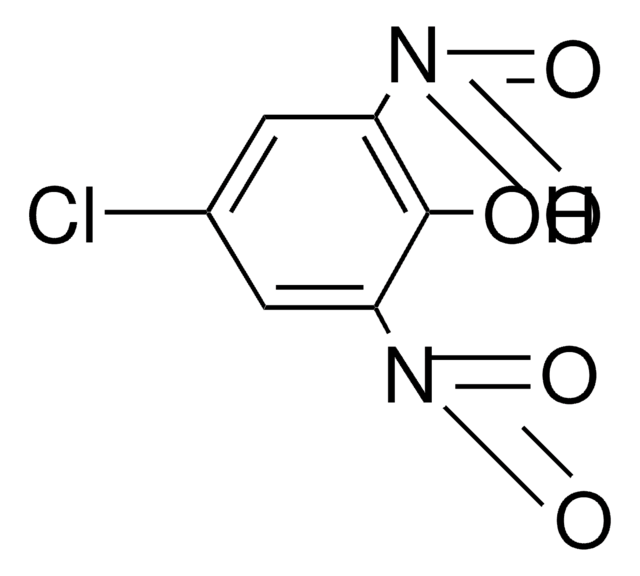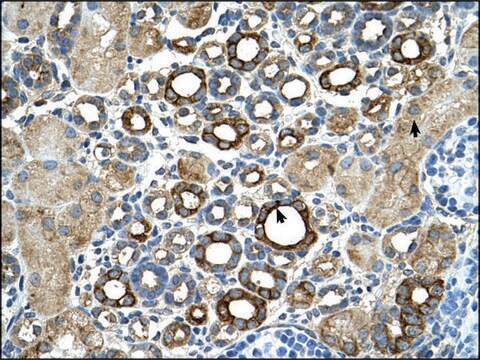MABN2465
Anti-nonphospho-Ser9/21 GSK3β/α Antibody, clone 15C2
clone 15C2, from mouse
Sinónimos:
Glycogen synthase kinase-3 beta/alpha, EC: 2.7.11.26, EC 2.7.11.26, GSK-3 beta/alpha, Serine/threonine-protein kinase GSK3B/alpha
About This Item
Productos recomendados
biological source
mouse
Quality Level
antibody form
purified immunoglobulin
antibody product type
primary antibodies
clone
15C2, monoclonal
species reactivity
human, mouse, rat
packaging
antibody small pack of 25 μL
technique(s)
immunocytochemistry: suitable
immunohistochemistry: suitable (paraffin)
immunoprecipitation (IP): suitable
western blot: suitable
isotype
IgG1κ
NCBI accession no.
UniProt accession no.
shipped in
ambient
target post-translational modification
phosphorylation (non-phospho-Ser9/Ser21)
Gene Information
human ... GSK3B(2932)
General description
Specificity
Immunogen
Application
Neuroscience
Immunohistochemistry Analysis: A 1:50 dilution from a representative lot detected nonphospho-Ser9/21 GSK3 / in human cerebral cortex and rat cerebral cortex tissues.
Immunoprecipitation Analysis: A representative lot detected nonphospho-Ser9/21 GSK3 / in Immunoprecipitation applications (Grabinski, T., et. al. (2016). Front Mol Neurosci. 9:123).
Western Blotting Analysis: A representative lot detected nonphospho-Ser9/21 GSK3 / in Western Blotting applications (Grabinski, T., et. al. (2016). Front Mol Neurosci. 9:123).
Immunocytochemistry Analysis: A representative lot detected nonphospho-Ser9/21 GSK3 / in Immunocytochemistry applications (Grabinski, T., et. al. (2016). Front Mol Neurosci. 9:123).
Immunohistochemistry Analysis: A representative lot detected nonphospho-Ser9/21 GSK3 / in Immunohistochemistry applications (Grabinski, T., et. al. (2016). Front Mol Neurosci. 9:123).
Quality
Western Blotting Analysis: A 1:500 dilution of this antibody detected nonphospho-Ser9/21 GSK3 beta/alpha in 10 µg of rat brain tissue lysate.
Target description
Physical form
Storage and Stability
Other Notes
Disclaimer
¿No encuentra el producto adecuado?
Pruebe nuestro Herramienta de selección de productos.
Storage Class
12 - Non Combustible Liquids
wgk_germany
WGK 1
flash_point_f
does not flash
flash_point_c
does not flash
Certificados de análisis (COA)
Busque Certificados de análisis (COA) introduciendo el número de lote del producto. Los números de lote se encuentran en la etiqueta del producto después de las palabras «Lot» o «Batch»
¿Ya tiene este producto?
Encuentre la documentación para los productos que ha comprado recientemente en la Biblioteca de documentos.
Nuestro equipo de científicos tiene experiencia en todas las áreas de investigación: Ciencias de la vida, Ciencia de los materiales, Síntesis química, Cromatografía, Analítica y muchas otras.
Póngase en contacto con el Servicio técnico
